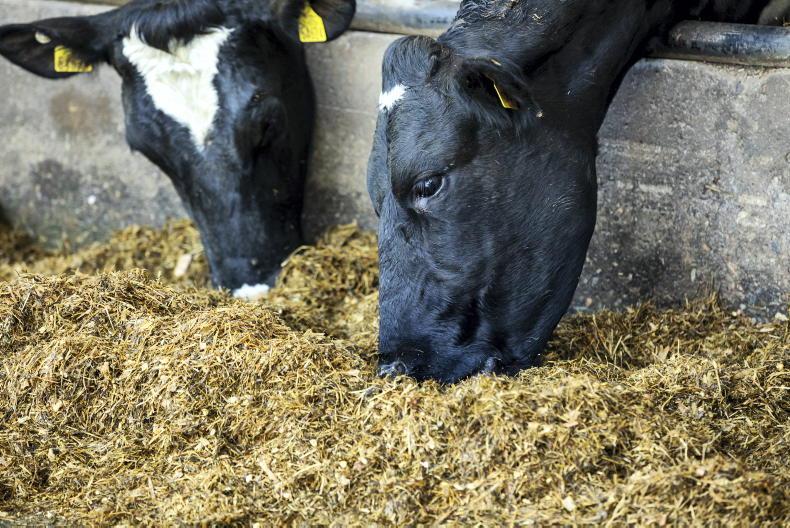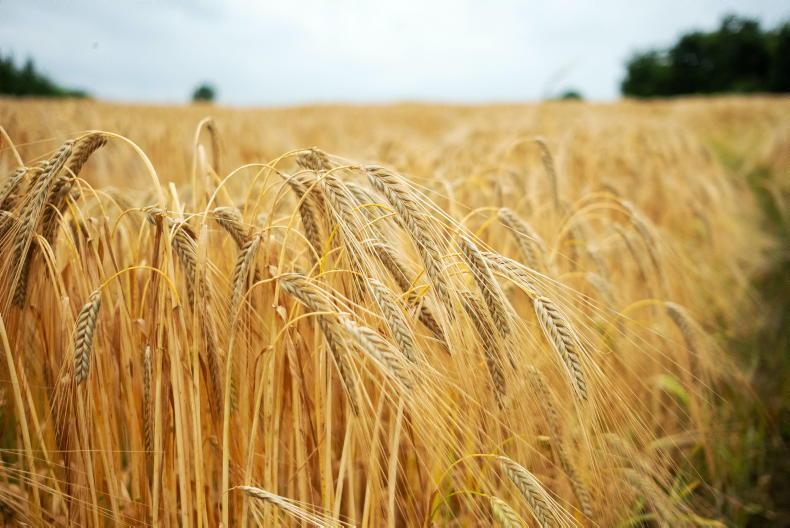Lidl Germany is to reduce its stocks of meat and dairy and increase its plant protein offering. It is the first major retailer to align with the EAT Lancet Commission’s Planetary Health Diet, which advocates a predominantly plant-based diet incorporating a small proportion of animal product.
Christoph Graf, Lidl Germany Chief Buyer was quoted in German media at Berlin Green Week as saying there is no alternative to change because there is no second planet.
We need a more conscious diet all over the world in order to feed ourselves within our planetary boundaries, Graf is quoted as saying.
Lidl Germany has also committed to expanding the proportion of plant-based protein sources in its range by adding new products that support a plant-based diet by 2025.
This includes legumes, nuts and vegan substitutes for meat and dairy products. The ambition is not only to appeal to vegans but also to build a bridge for all customers on the way to a plant-based diet according to the company.
Among a range of other sourcing commitments, the retailer also aims to exceed the EU Farm to Fork and EU Biodiversity Strategy commitment of a 50% reduction in pesticide use by 2030.
Protein disclosures on the rise
Lidl Germany’s revised purchasing policy “Conscious Nutrition” notes their responsibility to operate within the limits of our planet.
The company has committed to disclose the proportion of animal protein sources compared to plant-based protein sources in their sustainability report from the 2023 financial year.
Other retailers have already embraced protein disclosures. Sainbury’s, for example, reported for the 2021/2022 year that 72.6% of total protein sales tonnage consists of plant-based and meat-free products, of which 11.2% are entirely plant based.
IKEA’s goal is that 50% of main meals offered in the stores’ restaurants will be plant-based by 2025.
The company, which has seen sales of plant-based dishes in both restaurants and the in-store Swedish Food Market continue to increase, is examining opportunities to remove or replace dairy in their range.
Retailers are now encouraged to include protein disclosures in their sustainability reporting. In time investors may be interested to track changes in revenue and margin also.
The World Wildlife Fund (WWF) in the UK monitor industry progress on rebalancing animal and protein sales towards a 50/50 split between now and 2030.
Where companies purchase meat and dairy, WWF encourage the use of the Eating Better Alliance “Sourcing Better Guide” and advocate for “better” meat and dairy.
This places an emphasis on production practices that benefit animal welfare, soil health, antibiotic use and biodiversity, and may be certified in the UK as Organic, Pasture-fed, RSPCA Assured etc.
The objective of protein disclosures and commitments to reduce animal protein availability is ultimately to reduce consumption and production of animal proteins. Businesses can meet their own sustainability commitments and thus deliver for climate and nature.
Reducing the carbon intensity of meat and dairy appears largely insufficient, as the challenge is much broader than climate. Nature including biodiversity, soil health, water, pollinators etc is a key focus for business.
While in Ireland emissions have been the main focus of debate, nature targets may be even more onerous. Supermarkets and food manufacturers’ nature ambitions may exceed that of existing and proposed legislation.
Businesses will be held to account for their sustainability commitments. How this will impacts consumer demand and supply chain requirements is unclear.
However, legislation may not be the most challenging driver of change that farmers face.










SHARING OPTIONS